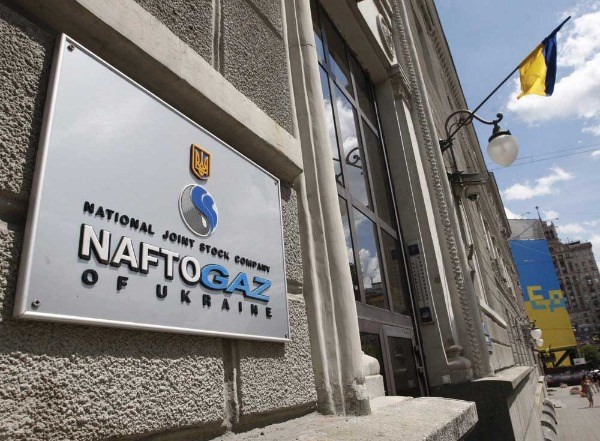Russia wants Ukraine’s Naftogaz to ‘understand and forgive’ $22 billion
Andriy Kobolyev, CEO of Naftogaz of Ukraine, has commented on the statements by Russian President Vladimir Putin and his press secretary Dmitry Peskov that the reciprocal lawsuits should be dropped before Russia and Ukraine sign a new gas transit contract.
According to Kobolyev, Russia essentially wants Ukraine to waive a $22 billion claim, without Russia taking any equivalent steps.
“For Naftogaz, continuing the transit of Russian gas is a strategic task. But this problem must be viewed in terms of pure numbers and facts. Russia is suggesting that Naftogaz ‘nullify’ nearly $3 billion from the Stockholm ruling and dismiss a lawsuit for another $12 billion. Furthermore, they are proposing that the Anti-Monopoly Committee of Ukraine dismiss a fine of roughly $7 billion. The result would be to ‘understand and forgive’ $22 billion. I’m looking for, but not finding, reciprocal steps by Russia for comparable amounts in the proposals voiced in the media. Isn’t that what the ‘nullification’ of reciprocal claims should look like?” Kobolyev remarked.
The CEO also refuted the Russians’ assertions that Ukraine could be offered a 25% discount on gas. He pointed out that, even according to the current contract, Naftogaz has the right to buy Russian gas at the prices of the German gas hub, but Gazprom has refused to comply with this provision.
“Traditionally, the Russian supply, even with discounts for loyalty, for some reason comes out more expensive than buying at competitive prices in Europe. It’s illogical, since Gazprom is transporting the gas a shorter distance. When the Stockholm Arbitration Institute corrected this price anomaly, Gazprom refused to supply gas. We have been convinced for a long time already that nothing will be more expensive for Ukraine than cheap Russian gas,” Kobolyev wrote.
In 2013, when there was a “discount” for Russia’s Black Sea Fleet being in Crimea, and gas was bought almost exclusively from Gazprom, the revenue from transit was $3 billion, but Russia was paid more than $5 billion for imported gas. The negative difference between transit revenue and the cost for purchasing gas was more than $2 billion.
“In 2018, when we had already transitioned from ‘cheap’ Russian gas to ‘expensive’ European gas, and did not have any political discounts, we earned $2.7 billion on transit and spent $2.1 billion buying gas. The positive difference was $600 million,” he noted.
Kobolyev emphasized that Naftogaz is prepared to cooperate constructively for the sake of continuing transit, but not to the detriment of state and commercial interests.
